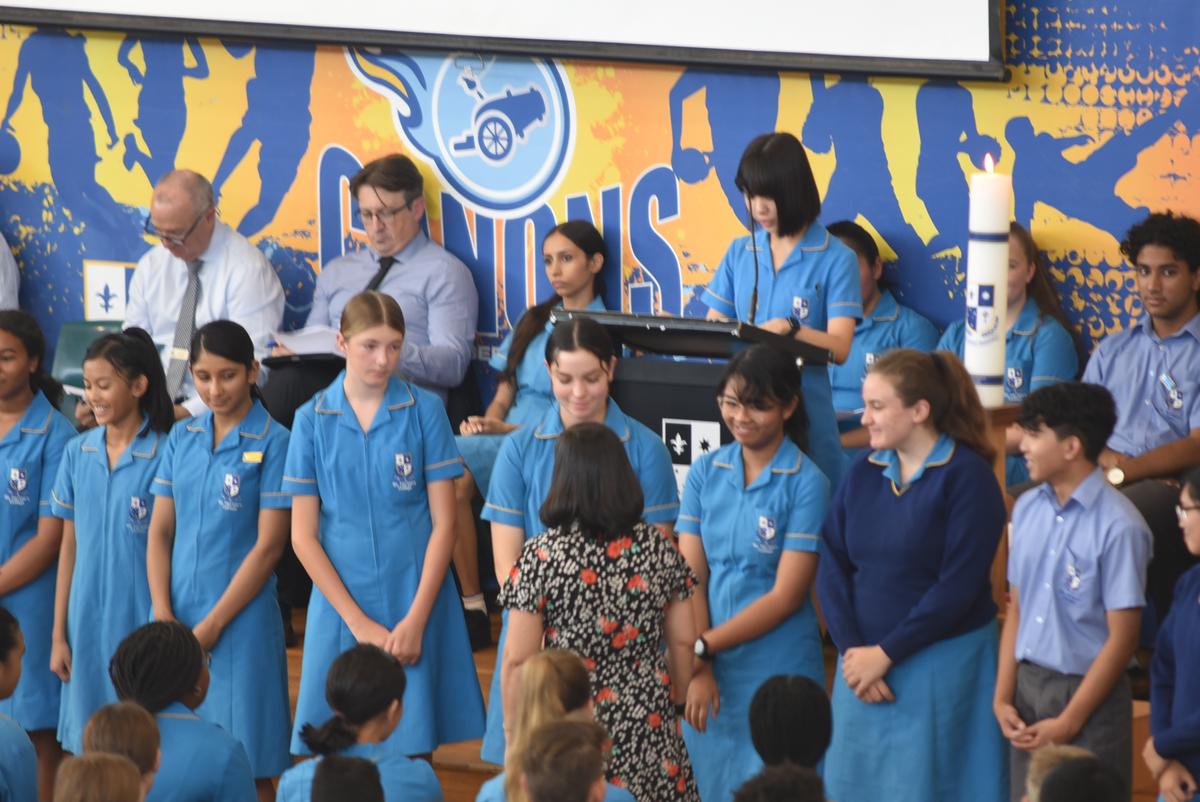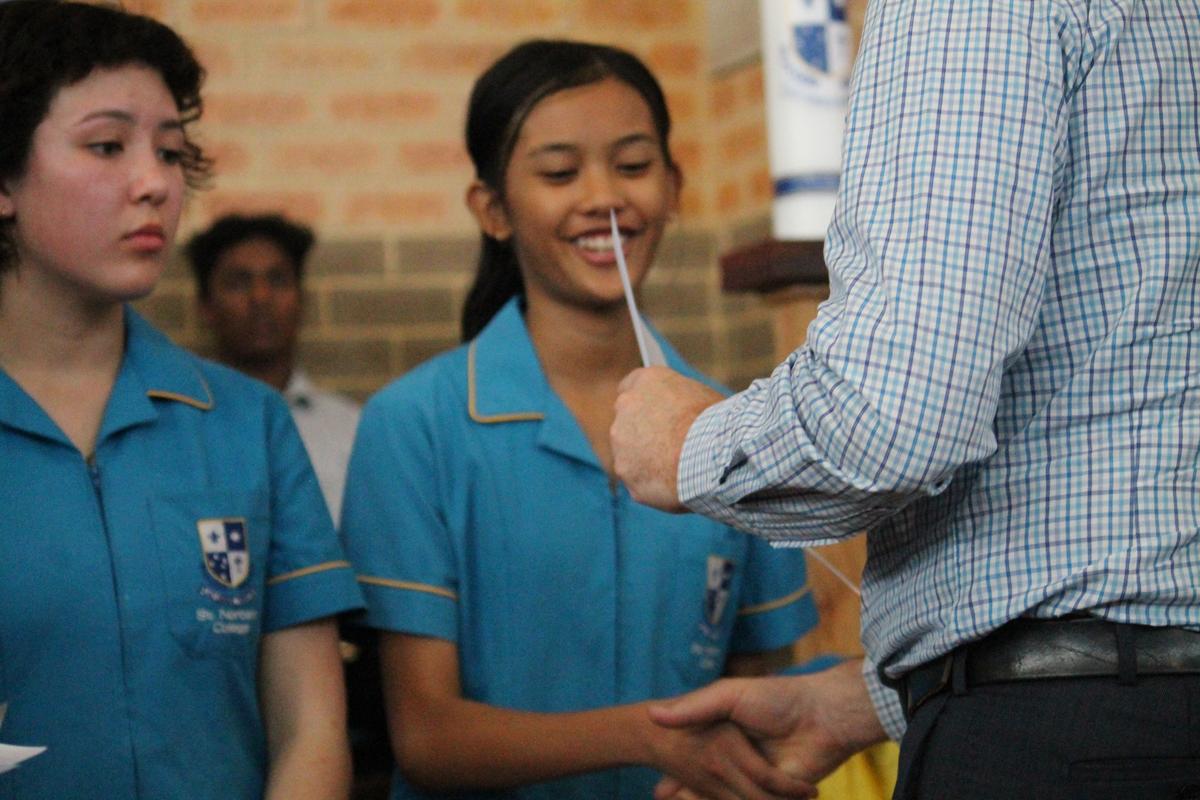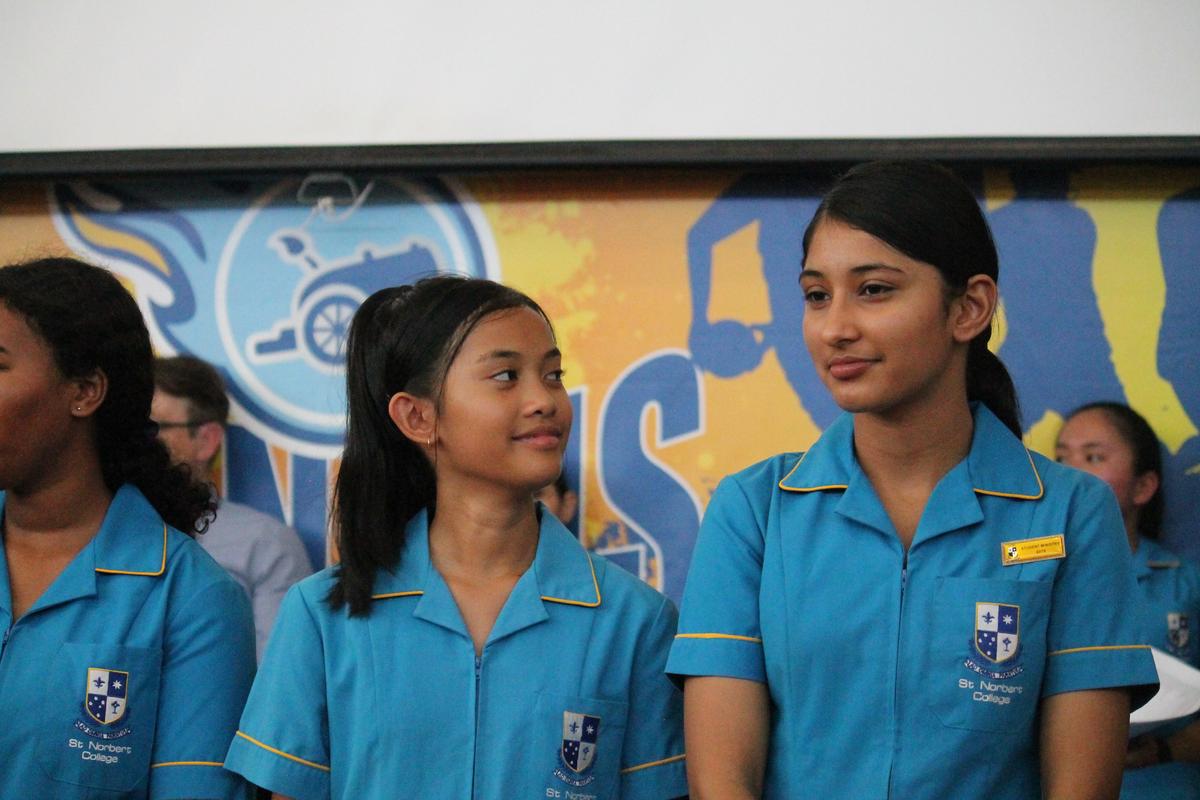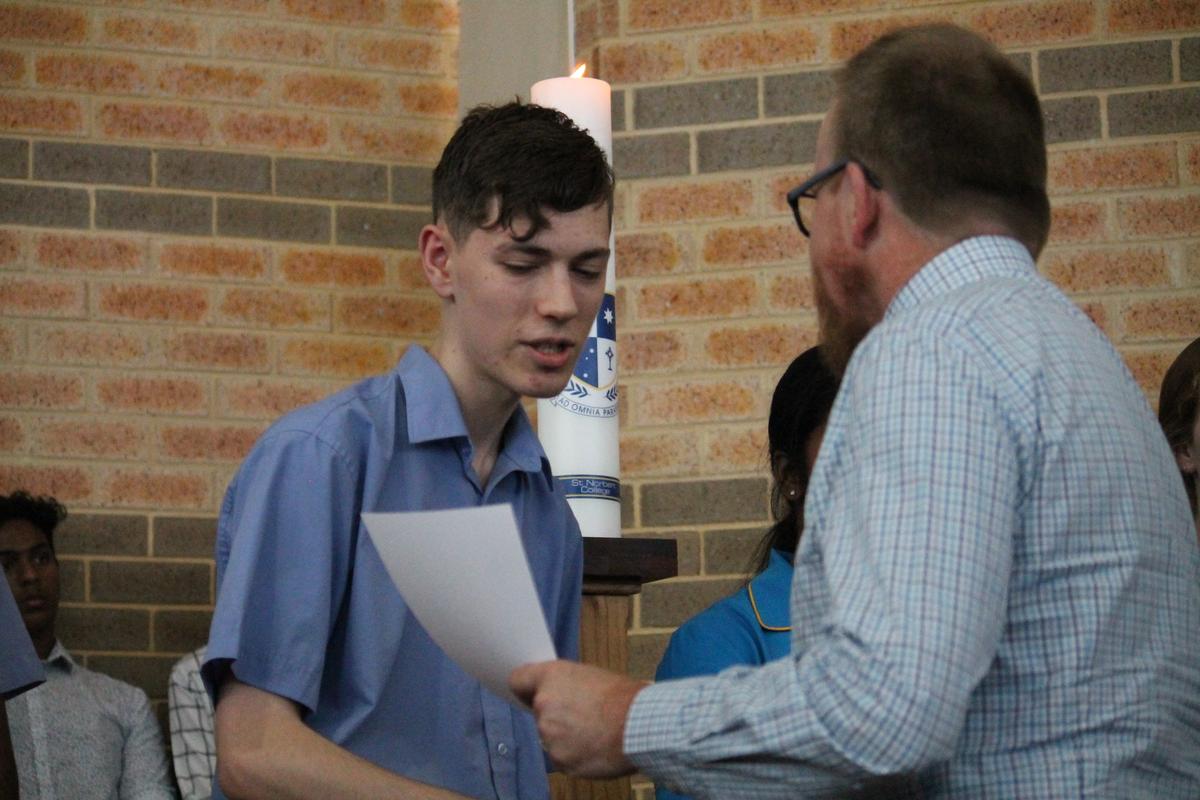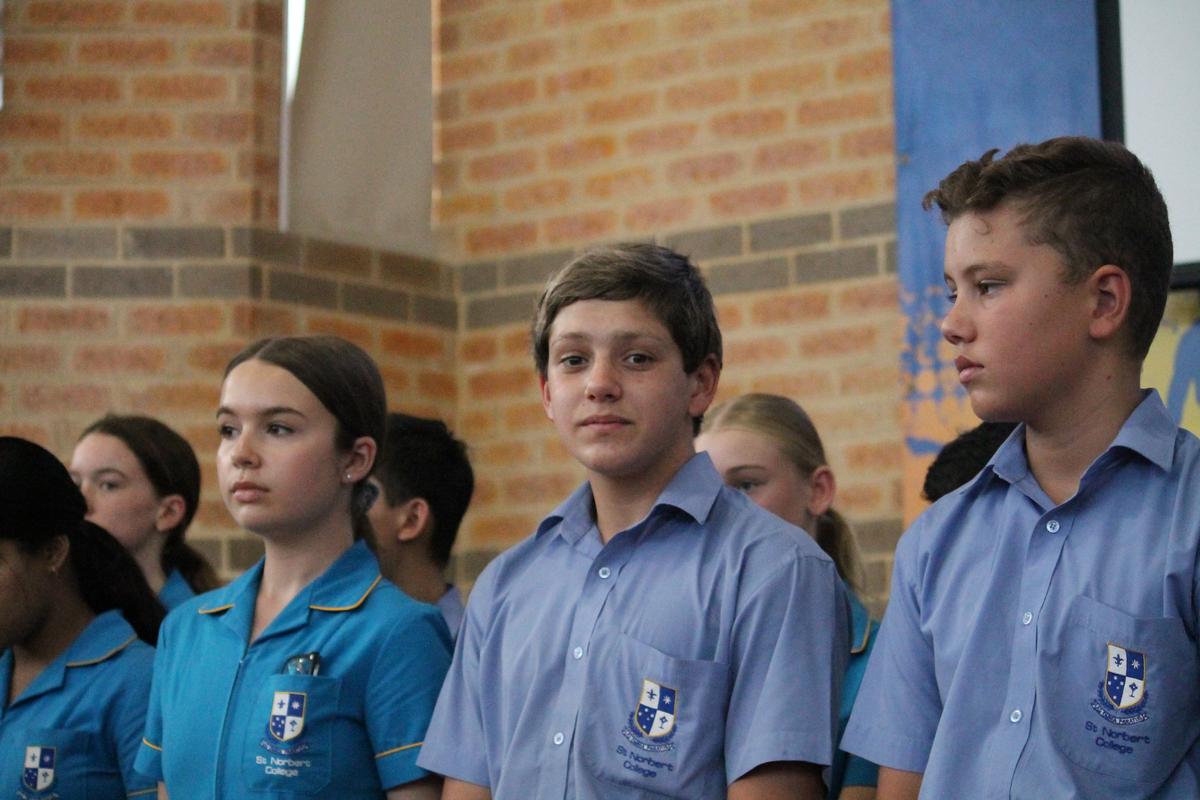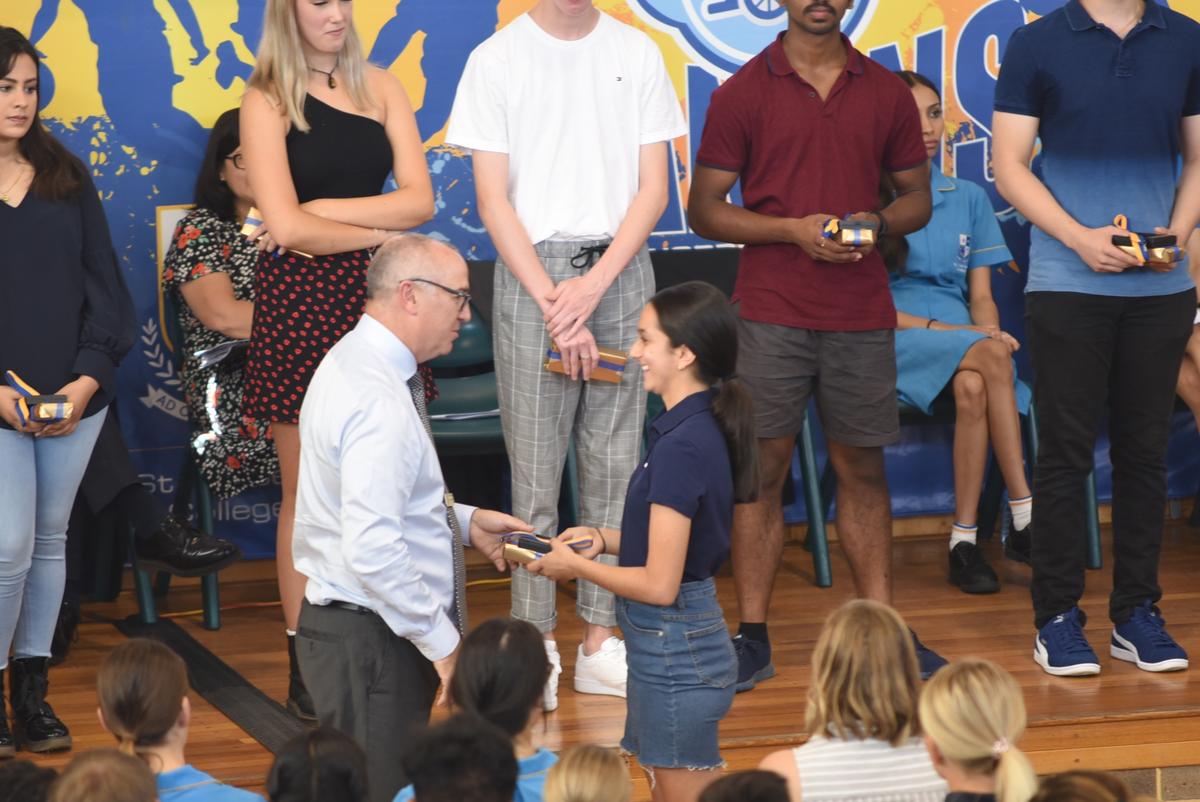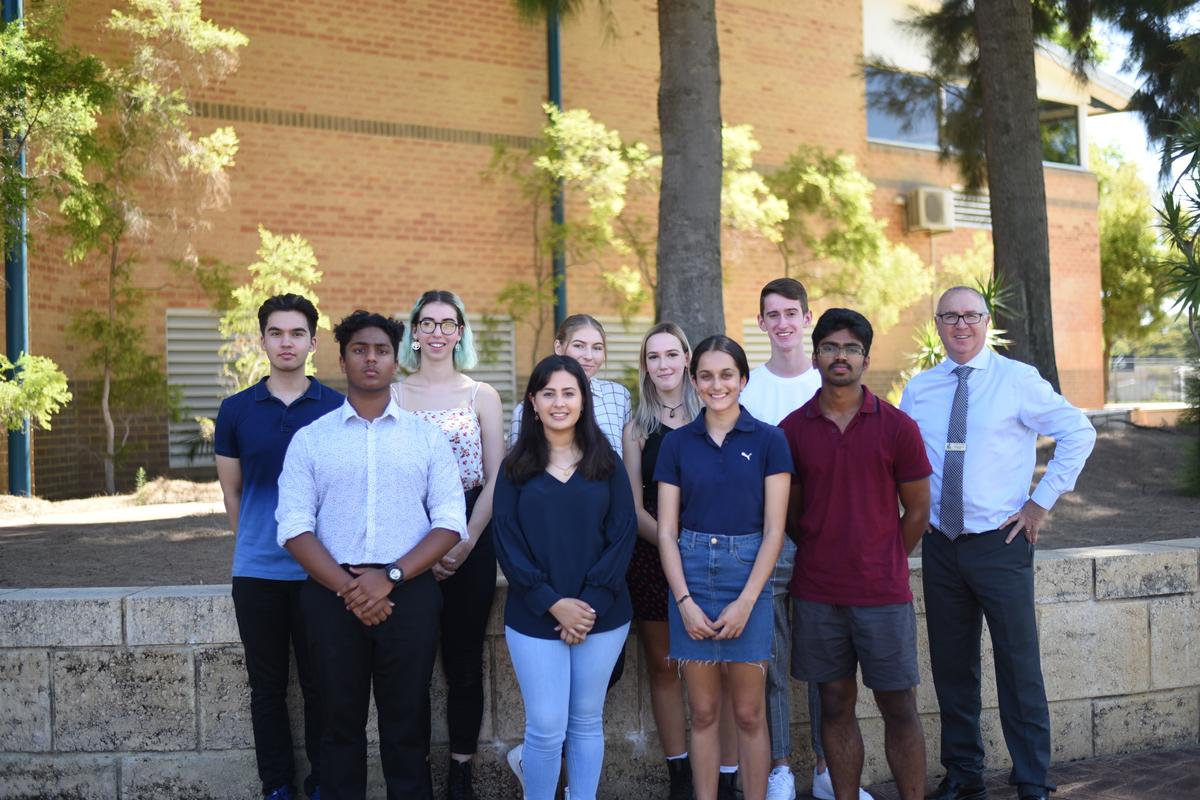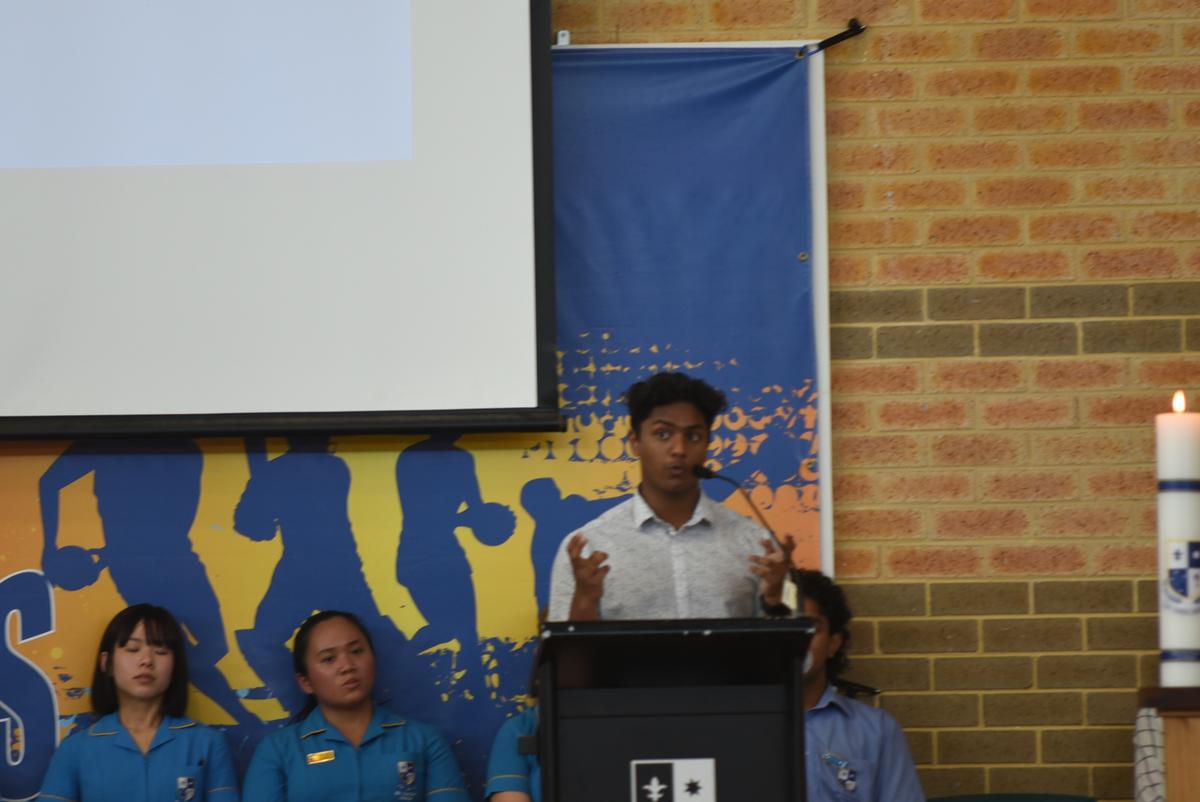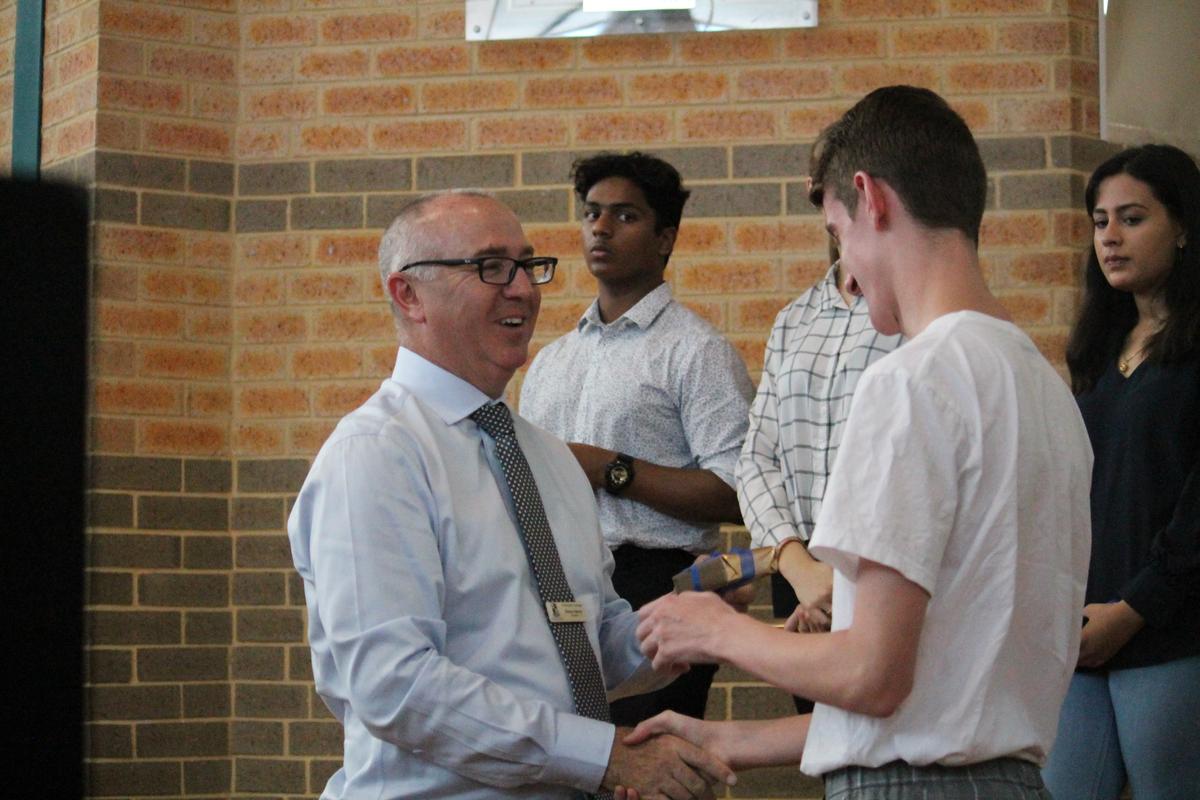Dean of Studies
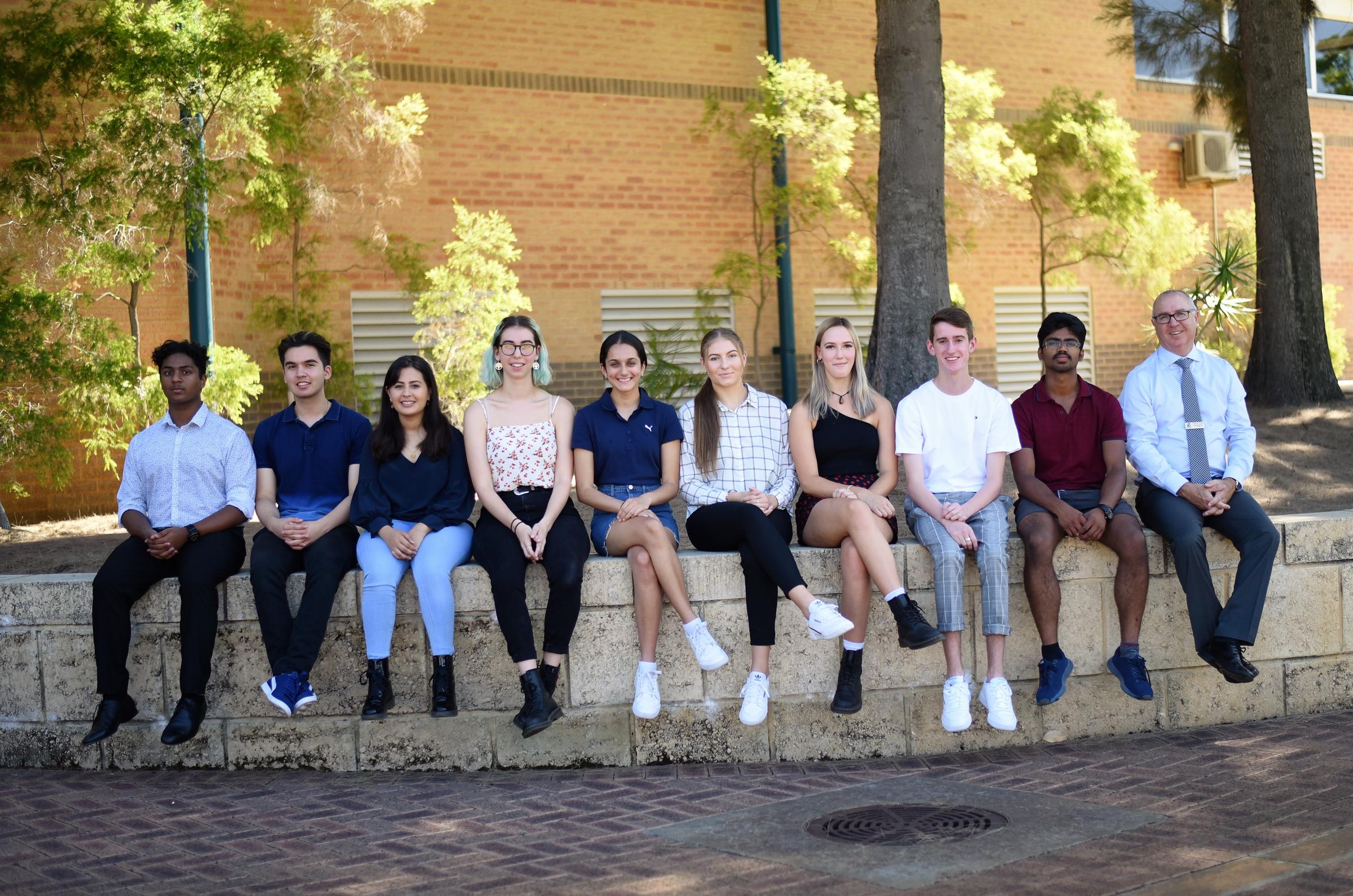
DO THE HARDEST THING FIRST!
In the 2019 article[1] by Roberta Kwok, “Why You Should Skip the Easy Wins and Tackle the Hard Task First” an emerging body research[2] conducted at the Kellogg School of Management at Northwestern University suggests that people gravitate (prefer) to complete simpler tasks when struggling with a heavy workload. However, this doesn’t necessarily pay off in the long run, as avoiding hard tasks indefinitely cuts off opportunities to learn and improve skills. Breaking difficult tasks (such as study) into bite-sized pieces can develop satisfaction with the completion of each piece or step, while still providing the challenge and opportunities for development.
Doing the hardest thing first is also linked setting goals and measuring progress towards the goal(s). Simple measures of improvement may be with the achievement of a better course mark or grade, or by increasing participation in the lesson, by asking more questions or getting started on tasks earlier. Setting a goal such as increasing the amount of time and effort towards greater study time needs to be challenging, specific and realistic. A student may also set the goal to include new (revision) activities that may improve memory and recall. By asking the honest questions, Can I test myself? Can someone else test me? Can I explain a concept to someone else in my family? The student crafts the foundation goal, that is, the goal that is more important than all other ones.
This year, the focus on goal setting for students at the College will expand on the use of S.M.A.R.T Goals to also incorporate F.A.S.T Goals. The premise around F.A.S.T Goals has been developed through the Massachusetts Institute of Technology (MIT) Sloan School of Management, a world-renowned business school. A F.A.S.T goal is one that is designed to be frequently discussed, ambitious, specific and transparent. Every student (Year 8 – 12) has received an electronic copy of the Student Guide for developing goals. The aim is for subject goals to be completed by students by Week 1.5. For Year 7 students, the process will be delivered across a longer timeframe and addressed at later dates. An explanation of each element of a F.A.S.T Goal has been included below:
ELEMENT | DEFINITION |
Frequently discussed | A goal forms part of an ongoing discussion to review your progress, (re)direct effort, prioritise tasks and seek feedback. |
Ambitious | Your goal should be difficult but not impossible to achieve. |
Specific | Your goal should be expressed as a definite and specific milestone that you are working towards achieving. You should be clear on how you will achieve your goal and how you will measure your progress. |
Transparent | Your goal and your current performance should be able to be made visible with whom you share your goal. |
[1] https://insight.kellogg.northwestern.edu/article/easy-or-hard-tasks-first [2] KC, Diwas S., Bradley R. Staats, Maryam Kouchaki, and Francesca Gino. 2019. “Task Selection and Workload: A Focus on Completing Easy Tasks Hurts Performance.” Management Science. In press.
ACADEMIC DISTINCTION
The opening College Assembly was an opportunity to recognise the achievements of the Class of 2019, and of current students, based upon their efforts last year. An Academic Distinction is awarded in recognition of a student who has achieved an A grade in nearly all subjects, with the remaining grades awarded as B grades. The following students received an Academic Distincton for their achivements in Semester Two last year. The College congratulates all award recipients.
Year 8 | Year 9 | Year 10 |
Sarah Abood Maygen Brosztl Talia Cappelluti Calvina Carmelia Jia Ying Chen Patrick Costantino Taylah Creighton Suzannah Jeeves Saahir Karnam Lucy Nancarrow Minh (Kien) Nguyen Katie Seroney Amal Suresh Ali Trevenen Meleina Zeeb | Nicole Alconaba Mary Carter Sharie Fernandez Jasmin Hill Isabella Hulm Jonathon Le Ashley Mascarenhas Judyth Nawa Anetka Pastuszak Taine Rangitoheriri Lexi Satti Riley Suckling
| Ashleigh Bell Nishnata (Nishu) Chalisey Chanmollika Chhim Elijah Edmonds Holly Giles Audrey Lee Shannette Ndossi Jaslina Pereira Caitlin Pettersen Kathleen Porter Guntaas Ranu Ayden Ratnasekera Varun Shivnani Phoebe van Heiningen Robert (Bob) Watson
|
Year 11 | Year 12 |
|
Joseph Costantino Arielle Chant Keisha Desmond Danika Hampson Shenae Hartree Sonna Jacob Connor Le Dain Jordan-Blaze Lightbourn Chelsea Macalad Sydney Midgley Isioma Ongyemgba Aixin (Mya) Oppelaar Max Patriarca Matilda Seroney Zeta Stevens Nicole Vlahov Alyssa Yang | Ellie Barbato Annissa Buckby Arielle Chant Jade Cooper Haggai Girsang Emily Peters Elsa Tan
|
|
CLASS OF 2019 AWARDS
It was wonderful to welcome back graduates from the Class of 2019 for the first assembly of 2020. The theme was the College value of commitment. Class of 2019 awards included the "95 Club'' and leading State VET results. In his student address, College Dux Aldric Ratnasekera shared some top tips, especially for new students: Find your friends and stick close to them; Make friends with your teachers; Make the most of every opportunity and above all, "Don't stress''.
CERTIFICATE OF DISTINCTION Aldric Ratnasekera | VET EXHIBITION & VET CERTIFICATE OF EXCELLENCE Kadijah Brown |
CERTIFICATE OF MERIT Tallulah Armenti Natasha Catalano Chelsea Dato Mikayla Farrelly Ishel Jayawardana Shanzae Jehangiri Ethan Li Woo Chung Millenium Paneru Dawn Saji Simran Shivnani Dylan Wemyss | VET CERTIFICATE OF EXCELLENCE (Community Services, Health and Education) Mikayla Farrelly |
CERTIFICATE OF EXCELLENCE (Health Studies) Shanzae Jehangiri | VET CERTIFICATE OF EXCELLENCE (Creative Industries) Blake Jenkins |
“95+ CLUB” Shanzae Jehangiri Ethan Li Woon Chung Millenium Paneru Aldric Ratnasekera Dawn Saji Simran Shivnani Dylan Wemyss |
|
ACADEMIC HONOURS
Awarded in recognition of a student who has achieved an A Grade average from their top eight units of study in Year 11.
Ellie Barbato
Anissa Buckby
Amanda D’Cruz
Lorenzo Donatelli
Emma Paskett
Elsa Tan
AD OMNIA PARATUS
Awarded in recognition of the positive learning behaviours demonstrated through the achievement of at least 85% of Excellent ratings awarded by subject teachers in the attributes of: Application, Behaviour, Completion of Assigned Tasks and Organisation. In addition to this, the student maintains high standards of learning behaviour with all other ratings above Satisfactory.
Year 8 | Year 9 | Year 10 |
Sarah Abood Calvina Carmelia Jia Ying Chen Taylah Creighton Katie Seroney
| Isabella Hulm
| Caitlin Pettersen
|
Year 11 | Year 12 |
|
Keisha Desmond Shenae Hartree Anushka Kotian Yazmeena Mayne Sydney Midgley Tegan Reder Matilda Seroney
| Ellie Barbato Riley Moore Yen Ngo Emily Peters Selina Tan Grace White |
|
THE ONLINE LITERACY & NUMERACY ASSESSMENT (OLNA)
The Online Literacy and Numeracy Assessment will commence at St Norbert College on Tuesday, 3 March to Monday, 9 March. All students are required to demonstrate the minimum literacy and numeracy standards for the Western Australian Certificate of Education (WACE), and the School Curriculum and Standards Authority (Authority) awards the WACE at the end of Year Twelve to students who have met all the requirements.
Students who have achieved Band 8 or higher in any of the three components of reading, writing and numeracy in their Year 9 NAPLAN are acknowledged as having demonstrated proficiency in using a range of ACSF Level 3 skills in that component and will not be required to sit the corresponding OLNA test.
The OLNA is comprised of three components — Reading, Writing and Numeracy. Students are allowed 60 minutes for the Reading and Numeracy components and 60 minutes for the Writing. The table attached provides an overview of the OLNA components for 2020:
Practice and Example Tests
These tests contain questions assessing skills from the Australian Core Skills Framework. The intention is not for schools to drill students on these tests as the skills, genres and prompts will differ between tests. None of the questions from the practice or example tests are included in the OLNA.
The Practice test for each component is designed to enable students to become familiar with the test environment. It provides them with practice in using the test website functionality and to experience the types of questions that can be expected in the reading, writing and numeracy components of the OLNA. It includes a set of 20 multiple-choice questions for reading; a set of 20 multiple-choice questions for numeracy and one writing prompt. Students have 20 minutes to complete each component.
The Example test provides an indicative sample of the diversity of skills assessed. Students can experience a complete assessment in the reading, writing and numeracy components. It includes a set of 45 multiple-choice questions for reading; a set of 45 multiple-choice questions for numeracy and one writing prompt. Students will have 50 minutes to complete the reading and numeracy components and 60 minutes to complete the writing component. The practice and example tests can be accessed by using the following:
web address: assess.scsa.wa.edu.au
username: olna
password: prac14
You can also direct enquiries to: olna@scsa.wa.edu.au
Mr R Dowling (Dean of Studies)

